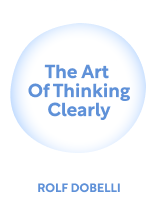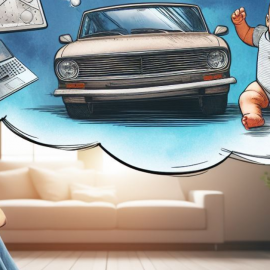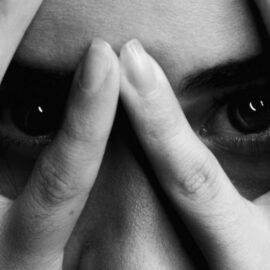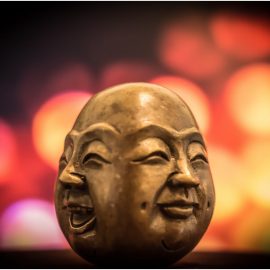

This article is an excerpt from the Shortform book guide to "The Art of Thinking Clearly" by Rolf Dobelli. Shortform has the world's best summaries and analyses of books you should be reading.
Like this article? Sign up for a free trial here .
What is the contrast effect? Why do people fall for the contrast effect?
The contrast effect is a cognitive heuristic: It helps you make judgments faster while expending less energy. Your brain lessens energy usage whenever possible, and the contrast effect helps it conserve cognitive resources.
Learn about the psychology of the contrast effect.
The Contrast Effect
The contrast effect is a logical fallacy that changes how you value things. Humans aren’t good at objective judgments, so when something is presented as the better of two options, you see it as more valuable than if it’s presented alone.
For example, a salesperson shows you two TVs: one that’s $1,000 over your budget, while the other is $500 over your budget. The cheaper TV isn’t a good deal on its own because it’s still over your budget, but it’s a good deal in comparison to the more expensive option. Thus, instead of looking for a TV within your budget, you’ll probably accept the one that’s $500 over budget.
The Contrast Effect as a Heuristic
According to psychology, the contrast effect is what is called a “heuristic”: It helps you save the brain’s resources when performing a value judgment. Your brain lessens energy usage whenever possible, so it prioritizes swift judgments between two options, even if those options aren’t the best available.
In fact, your brain prioritizes swift comparison so much that when choosing between two items that are similar and a third that’s different, your brain dismisses the third option because it’s not comparable. Salespeople can manipulate this tendency, as well. Returning to our example, if the salesperson wants you to purchase a flatscreen but you’re considering a projector as an alternative, they’ll show you Flatscreen A, Flatscreen B, and Projector. Because Flatscreen A and B are similar and thus comparable, your brain dismisses Projector as an option, guiding you to the salesperson’s goal.

———End of Preview———
Like what you just read? Read the rest of the world's best book summary and analysis of Rolf Dobelli's "The Art of Thinking Clearly" at Shortform .
Here's what you'll find in our full The Art of Thinking Clearly summary :
- A detailed look at the most common logical fallacies that inhibit decision-making
- How to recognize and overcome these fallacies to make better decisions
- Why you value things for arbitrary reasons






